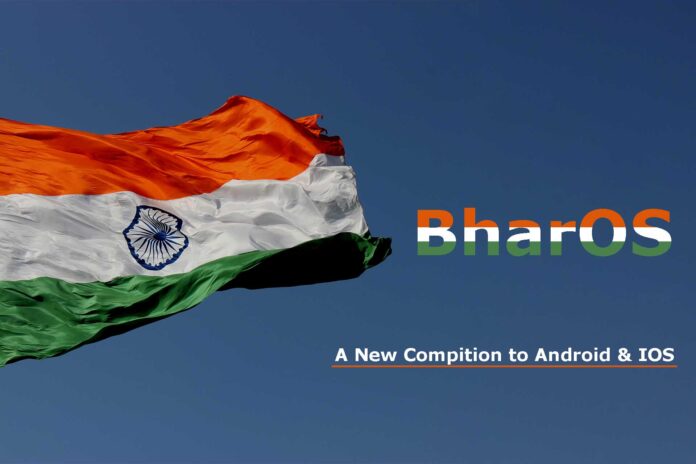IIT Madras recently discover the Linux-based BharOS operating system, mainly for smartphone users in India. The OS is at its developing stage, though the developers assure that the focus is providing users with freedom, control, privacy, security and flexibility to choose and use only the apps that suit their needs.
It has 3 main components :
- No Default Apps (NDA)
- Native Over The Air (NOTA)
- Private App Store Services (PASS)
Union Minister for Communications, Electronics and Information Technology and Union Education Minister Dharmendra Pradhan on Tuesday tested ‘BharOS‘.
“There will be difficulties in this journey and there are many people around the world who will bring difficulties and will not want any such system to be successful”, Mr Vaishnaw said.
The main aim is to reduce the dependence on foreign OS in smartphones and promote the use of locally developed technology.
For now, BharOS is being provided only to the organizations those require privacy and security and those handle sensitive information which should be confidential. Users would require 5G to access the private cloud services.
The government’s support for a local mobile operating system comes when India is pursuing an antitrust claim against Google.
Why has Google got fine?
On October 20, the CCI had put a fine of ₹1,337.76 crore for taking the advantage of its dominant position in multiple markets in the Android mobile device ecosystem.
Moreover ,the Competition Commission of India (CCI) on October 25 put a fine of ₹936.44 crore on the tech major for anti-competitive practices in its Play Store policies.
It has asked Google to make changes to the Android OS policies to allow users to have more options to use apps as per their requirements. Google appealed to the Supreme Court to block CCI’s order. Company said they will cooperate with CCI and will review on their decisions.
